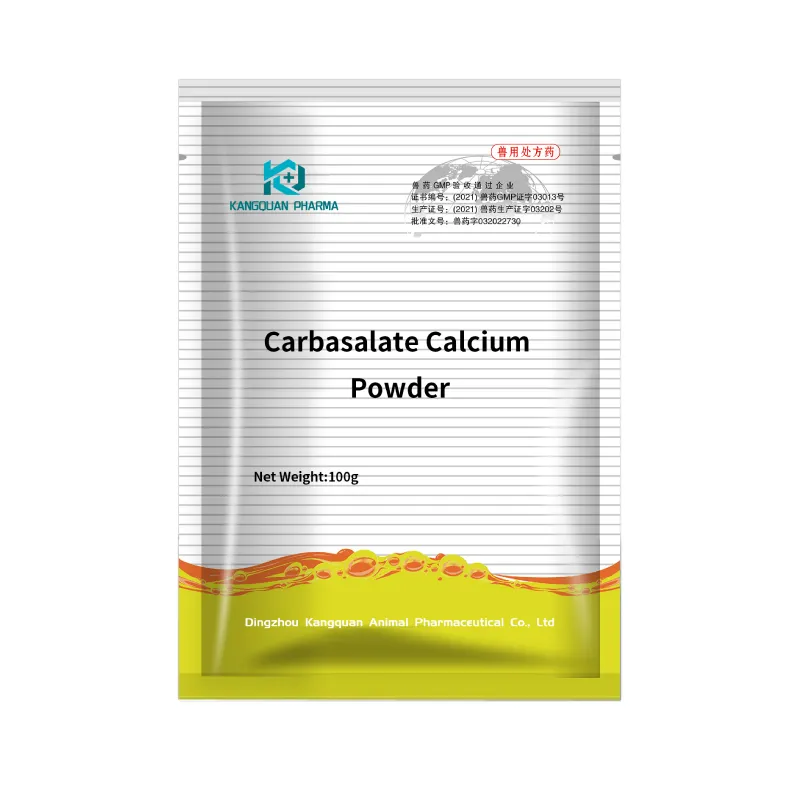- Afrikaans
- Albanian
- Amharic
- Arabic
- Armenian
- Azerbaijani
- Basque
- Belarusian
- Bengali
- Bosnian
- Bulgarian
- Catalan
- Cebuano
- Corsican
- Croatian
- Czech
- Danish
- Dutch
- English
- Esperanto
- Estonian
- Finnish
- French
- Frisian
- Galician
- Georgian
- German
- Greek
- Gujarati
- Haitian Creole
- hausa
- hawaiian
- Hebrew
- Hindi
- Miao
- Hungarian
- Icelandic
- igbo
- Indonesian
- irish
- Italian
- Japanese
- Javanese
- Kannada
- kazakh
- Khmer
- Rwandese
- Korean
- Kurdish
- Kyrgyz
- Lao
- Latin
- Latvian
- Lithuanian
- Luxembourgish
- Macedonian
- Malgashi
- Malay
- Malayalam
- Maltese
- Maori
- Marathi
- Mongolian
- Myanmar
- Nepali
- Norwegian
- Norwegian
- Occitan
- Pashto
- Persian
- Polish
- Portuguese
- Punjabi
- Romanian
- Russian
- Samoan
- Scottish Gaelic
- Serbian
- Sesotho
- Shona
- Sindhi
- Sinhala
- Slovak
- Slovenian
- Somali
- Spanish
- Sundanese
- Swahili
- Swedish
- Tagalog
- Tajik
- Tamil
- Tatar
- Telugu
- Thai
- Turkish
- Turkmen
- Ukrainian
- Urdu
- Uighur
- Uzbek
- Vietnamese
- Welsh
- Bantu
- Yiddish
- Yoruba
- Zulu
Dec . 09, 2024 20:49 Back to list
Oxytetracycline Injection Use in Canine Medicine for Treating Infections and Illnesses
Oxytetracycline Injection for Dogs A Comprehensive Guide
Oxytetracycline is a broad-spectrum antibiotic that belongs to the tetracycline class, used to treat various bacterial infections in both humans and animals. In veterinary medicine, oxytetracycline injection is commonly employed to treat dogs suffering from a range of bacterial infections. This article will explore the uses, mechanism of action, dosage, side effects, and important considerations when administering oxytetracycline injections to dogs.
Uses of Oxytetracycline in Dogs
Oxytetracycline is effective against a wide variety of gram-positive and gram-negative bacteria, making it suitable for treating infections such as pneumonia, enteritis, and skin infections. It is also employed to manage certain diseases caused by susceptible organisms, including those associated with leptospirosis and mycoplasmosis. The injection form of this antibiotic is especially valuable in cases where oral administration is not feasible or where quick therapeutic effects are needed.
Mechanism of Action
As a bacteriostatic antibiotic, oxytetracycline works by inhibiting bacterial protein synthesis. It achieves this by binding to the 30S ribosomal subunit, preventing the attachment of aminoacyl-tRNA to the ribosome. This action ultimately halts the growth and replication of the bacteria, allowing the immune system to take over and eliminate the infection. Due to its broad-spectrum nature, it is often chosen when the specific bacterial pathogen is unidentified.
Dosage and Administration
Dosage of oxytetracycline injection can vary depending on the dog's weight, the severity of the infection, and the veterinary prescription guidelines. Typically, the injection is administered intramuscularly or intravenously. For dogs, doses can range from 5 to 10 mg/kg every 24 to 48 hours, but it is critical to follow the vet's specific recommendations. Overdosing can lead to adverse reactions, while underdosing may not effectively manage the infection.
It is also essential to note that the treatment duration should not be abruptly discontinued, even if symptoms improve before completing the prescribed course. Doing so could lead to antibiotic resistance and recurrence of the infection.
oxytetracycline injection for dogs

Side Effects
While oxytetracycline is generally well-tolerated, it can cause side effects in some dogs. Common side effects include gastrointestinal disturbances such as vomiting, diarrhea, and loss of appetite. In rare cases, more severe reactions, such as hypersensitivity or anaphylaxis, may occur. Dogs with pre-existing liver or kidney conditions should be monitored closely, as oxytetracycline can affect these organs.
Owners should contact their veterinarian immediately if they notice any adverse reactions or if their dog’s condition does not improve within a reasonable timeframe.
Important Considerations
Before administering oxytetracycline, a thorough veterinary examination is essential to ensure that the treatment is appropriate. It is crucial to disclose any pre-existing conditions or medications the dog may be taking, as interactions can occur. For instance, this antibiotic can interfere with the effectiveness of other medications, particularly those affecting calcium levels.
Moreover, oxytetracycline should not be used in pregnant or nursing dogs, as it may affect fetal development or nursing puppies. Additionally, younger dogs and puppies should not receive this antibiotic, as it may lead to dental discoloration and inhibit bone growth.
Conclusion
Oxytetracycline injection is a vital tool in veterinary medicine, particularly for treating bacterial infections in dogs. While it is an effective antibiotic with a broad spectrum of action, proper administration and awareness of potential side effects are critical to ensuring the health and well-being of the animal. Always consult your veterinarian before starting any new treatment to ensure the best outcome for your canine companion.
-
Guide to Oxytetracycline Injection
NewsMar.27,2025
-
Guide to Colistin Sulphate
NewsMar.27,2025
-
Gentamicin Sulfate: Uses, Price, And Key Information
NewsMar.27,2025
-
Enrofloxacin Injection: Uses, Price, And Supplier Information
NewsMar.27,2025
-
Dexamethasone Sodium Phosphate Injection: Uses, Price, And Key Information
NewsMar.27,2025
-
Albendazole Tablet: Uses, Dosage, Cost, And Key Information
NewsMar.27,2025













